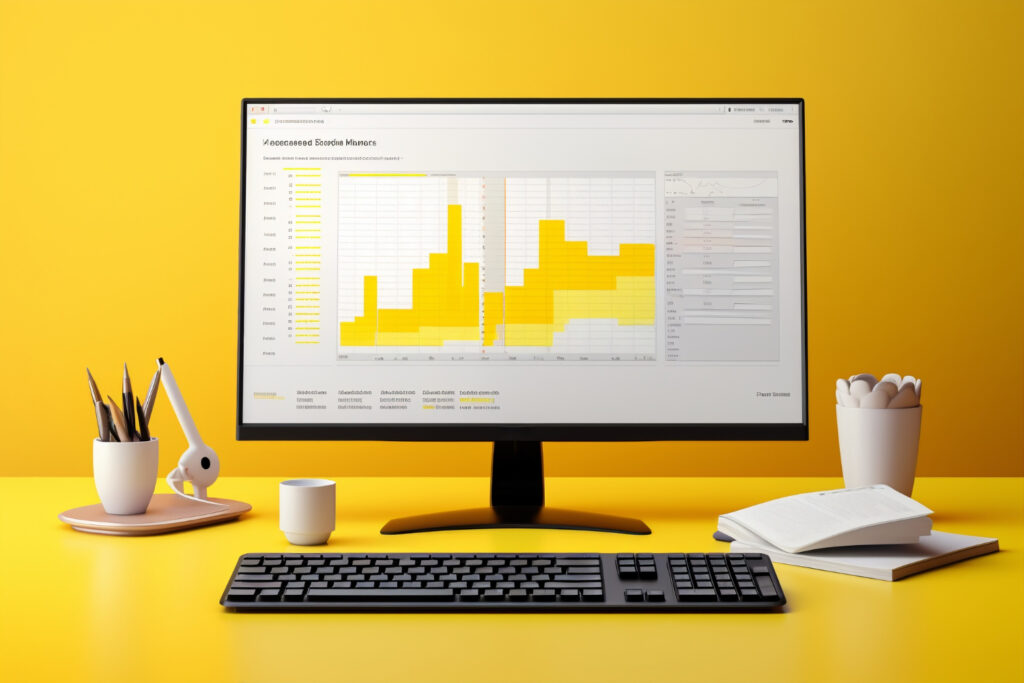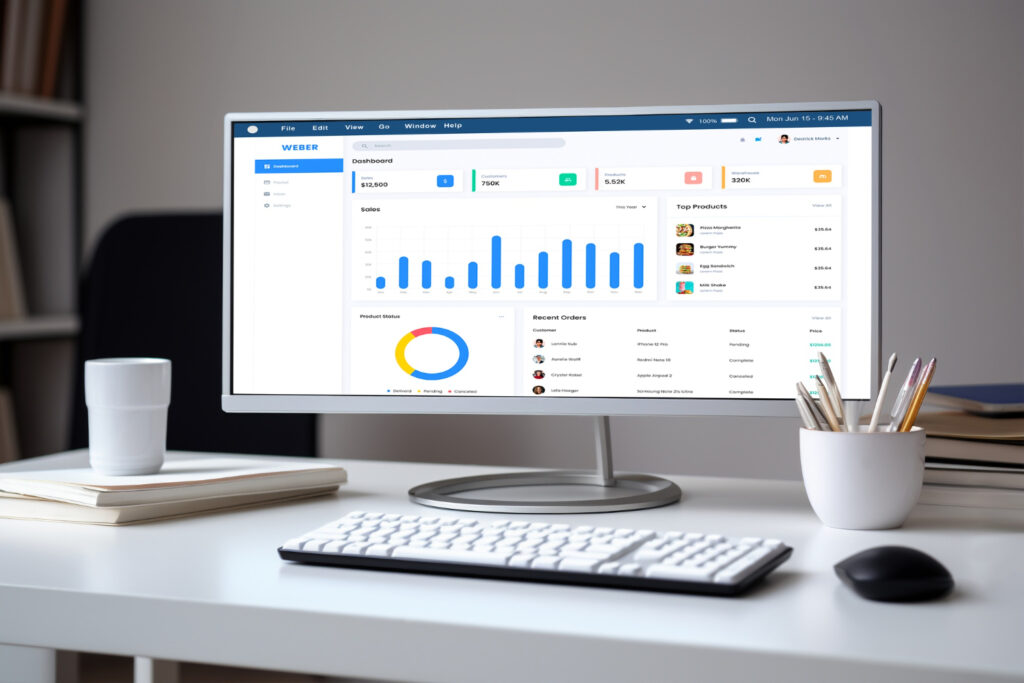Why Choosing the Right Tools for Data Analysis in Your PhD is Crucial
Kenfra2024-03-09T15:16:13+05:30Why Choosing the Right Tools for Data Analysis in Your PhD is Crucial
Stressed Out !! Selecting the right tool for your Ph.D.!!
Are you embarking on your PhD journey and feeling overwhelmed by the prospect of data analysis? Fear not, Kenfra Research PhD Assistance is here to guide you through the process. In this blog, we’ll explore why selecting the right tools for data analysis, such as Python, Cadence, Gems, and Siemens, is crucial for your success.
Precision and Accuracy
One of the primary reasons for choosing the right tools for data analysis is to ensure precision and accuracy in your research findings. By utilizing advanced software like Python or Cadence, you can manipulate and analyze large datasets with ease, minimizing the risk of errors and inaccuracies in your analysis.


Efficiency and Time-Saving
Another key benefit of selecting the right tools for data analysis is increased efficiency and time-saving. Tools like Gems and Siemens offer streamlined workflows and automation capabilities, allowing you to perform complex analyses in a fraction of the time it would take using manual methods. This enables you to focus more time and energy on interpreting your results and drawing meaningful conclusions from your data.
Versatility and Flexibility
The flexibility and versatility of tools like Python make them invaluable assets for PhD research. Whether you’re conducting quantitative analysis, qualitative analysis, or a combination of both, Python offers a wide range of libraries and packages to suit your specific needs. Similarly, tools like Cadence provide customizable features and functionalities, allowing you to tailor your analysis to the unique requirements of your research project.
Accessibility and Collaboration
Choosing the right tools for data analysis also enhances accessibility and collaboration within your research team. With cloud-based platforms like Gems and Siemens, you can easily share data, collaborate on analysis tasks, and track changes in real-time, regardless of your geographical location. This fosters a collaborative research environment and enables seamless communication among team members.
Conclusion
In conclusion, selecting the right tools for data analysis is essential for the success of your PhD research. Whether you’re analyzing quantitative data, qualitative data, or a combination of both, choosing advanced software like Python, Cadence, Gems, and Siemens can help you achieve precision, accuracy, efficiency, and collaboration in your analysis process. With Kenfra Research PhD Assistance by your side, you can harness the power of these tools to unlock new insights and drive impactful research outcomes.







Leave a Reply